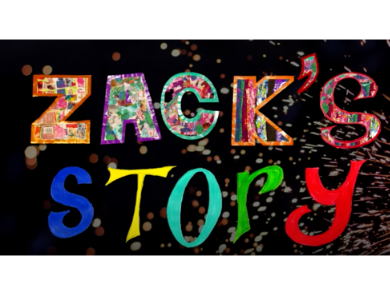 Image: United Response
Image: United Response
Zack’s Story – Chapter 2, a stop motion animation, was created by people with learning disabilities and their support workers to raise awareness of disability hate crimes, following news that there has been a surge in offenses in the south west.
According to national figures released by United Response and Leonard Cheshire in a joint research project, the number of disability hate crime has risen by 20% over the last year, with over half being classed as ‘violent’ by police. The data also revealed that just three of the total 243 disability hate crimes carried out in the Devon and Cornwall area resulted in a police charge, prosecution or court summons.
The animation was unveiled as part of the launch of this year’s National Hate Crime Awareness Week, it is based on real-life accounts of disability hate crime and exploitation and aims to kickstart a widespread conversation about the impact of hate crime, specifically on the learning disability community. People with learning disabilities and their support workers, most of whom are part of the national charity, United Response, created the animation during lockdown within the latest social distancing guidelines.
The title, Zack’s Story – Chapter 2, highlights that this is the second outing for main character Zack, who also appeared in an animation released by United Response back in the summer which highlighted the isolation and loneliness faced by many disabled people throughout the coronavirus crisis.
Speaking to Charity Today, Therese Timberlake, Senior Area Manager for United Response in Devon and Cornwall, said: “We’re very proud to have worked with the people we support to create this animation and highlight such a critical societal issue. We know that people with learning disabilities face many inequalities and discrimination in their daily lives and far too many are victims of mindless disability hate crime across the country.
“If people with learning disabilities do not feel safe where they live, they will not be able to feel confident in accessing community facilities such as shops and pubs. This can lead to seclusion within their own homes, which might then bring about further risk of abuse from isolation.
“As a society, we must come together to educate and empower on this burning issue, educating victims, witnesses and even criminals on the nature and impact of disability hate crimes, but also empowering those who are targeted to speak out and report incidents to the authorities.”
Watch Zack’s Story – Chapter 2 online now here.


 to add an item to your Itinerary basket.
to add an item to your Itinerary basket.


